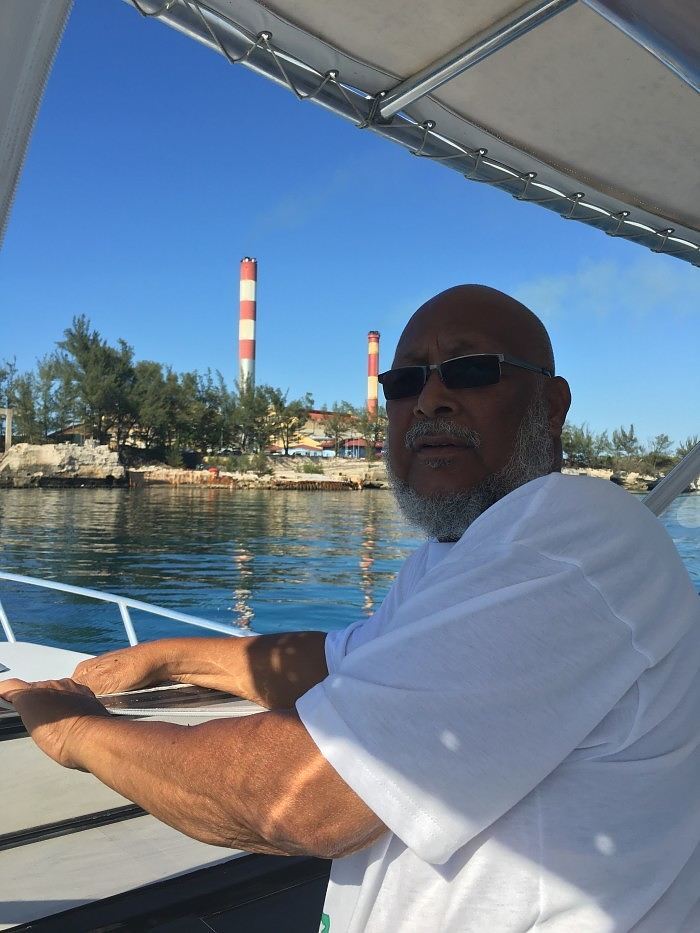
Growing up in landlocked Pennsylvania, I always was enamored with the marine environment. The Bahamas in my mind were a magical and mythical archipelago of sun-soaked beaches, friendly people, and crystal clear turquoise waters full of a vibrant kaleidoscope of fish. The islands captured our imagination through vehicles like Splash, Thunderball, and Flipper. People around the world have a vision of the Bahamas as paradise. Now having been to the Bahamas a few times over the past decade, I see that all of those things are true. However, when you look closely, you can see that some of the magic of the Bahamas is getting tarnished.
I recently spent a day on Clifton Bay in New Providence with my friends Joseph Darville, Rashema Ingraham, Paco Nunez, and others from Waterkeepers Bahamas, Save the Bays, Clifton Waterkeeper, Bimini Waterkeeper, and Grand Bahama Waterkeeper. Before joining the Waterkeeper team, I snorkeled at the same reef I had snorkeled about eight years ago. It was very obvious that the reef had undergone significant stress, as there were fewer fish and the coral had clearly seen better days. During a boat ride in the afternoon, the Waterkeeper team showed me more of the dark underbelly of this tropical paradise. We saw massive oil plumes from the government’s Bahamas Electricity Corporation fouling some of the clearest waters on earth. The stench of oil was dizzying. Nearby the utility, we saw diving boats and buoys covered in black oil. Adding insult to injury, Bahamians pay roughly three times a kilowatt hour than I do in New York. How is a sun-drenched island nation like this not leading the way in the solar revolution?

We further saw evidence of a private landowner dredging in the bay and creating an additional three acres of prime beachfront – effectively taking land away from the public and dramatically altering the marine ecosystem. This activity included dumping plastic bags filled with sand and other materials on the bay floor, changing the natural movement of sand across the bay and diminishing the accretion of sand at Clifton National Park – home to one of New Providence’s few public beaches.
There is a lot of work to do in order to repair the damage done by oil spills, illegal development, and other insults to this island nation’s water resources. And there is a steep hill to climb, as the Bahamas lacks significant and meaningful environmental protection laws. The one exception is the Planning and Subdivision Act of 2010, which currently is under threat. Newly proposed legislation would remove many of the key provisions of the Act that help prevent haphazard development and conserve the natural heritage and resources of the Bahamas.
Fortunately, the Waterkeepers in the Bahamas are a great team, full of knowledge, passion, and commitment. They recognize that outspoken, citizen-led advocacy is the only way to ensure the laws are enforced and that their waters, livelihoods, and health are protected. They are educating the public about the importance of their critical water resources; advocating for a freedom of information law to increase transparency in decision making; defending the integrity of the Planning and Subdivision Act; pushing for renewable energy options; and enforcing laws to remedy existing violations. They are demanding to be heard to ensure their communities are being protected and laws are being followed. It will be their grassroots advocacy that can ensure the Bahamas will not lose their magic.